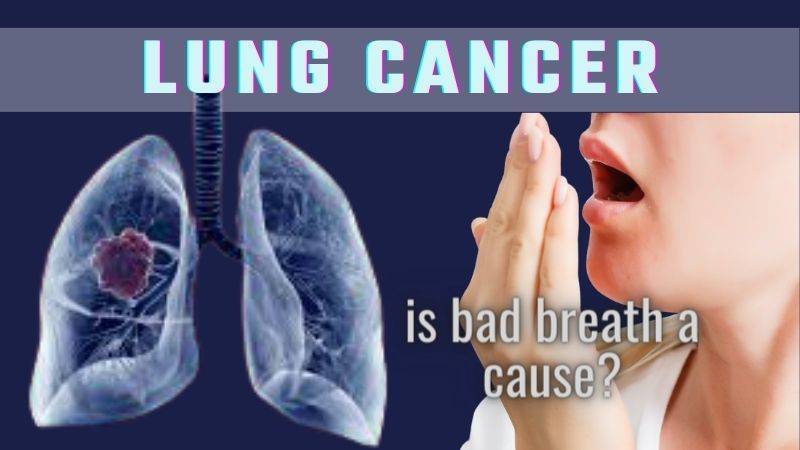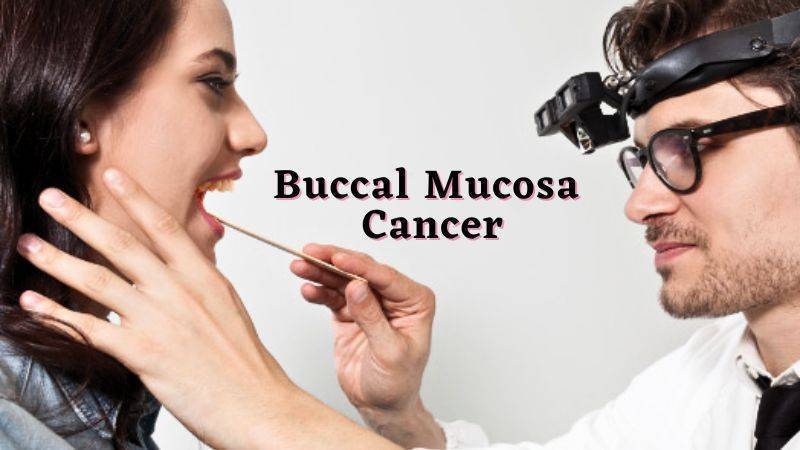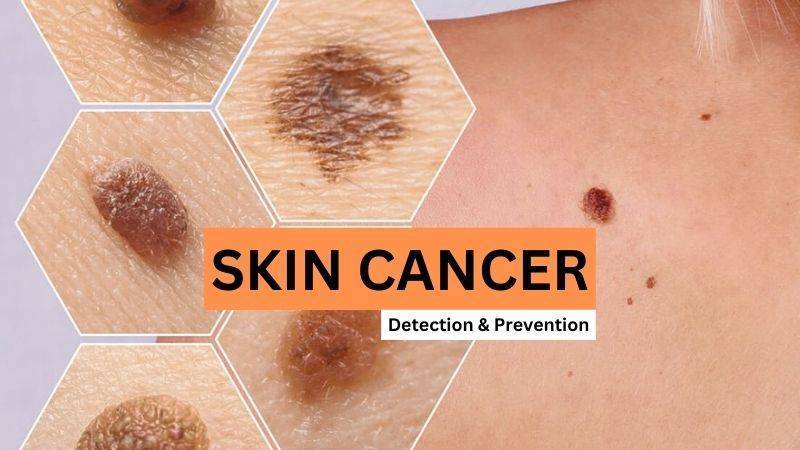“The smell of lung cancer: a breath of despair.”
What is Lung Cancer?
Lung cancer is a type of cancer that affects the lungs. It is caused by the uncontrolled growth of abnormal cells in the lungs. These cells can spread to other parts of the body, making them difficult to treat.
Different types of Lung Cancer
There are several different types of lung cancer, each with its own set of characteristics and treatment options.
- Non-small cell lung cancer (NSCLC)- This type of cancer is divided into three subtypes: adenocarcinoma, squamous cell carcinoma, and large cell carcinoma. Adenocarcinoma is the most common type of NSCLC and is usually found in the outer parts of the lungs. Squamous cell carcinoma is found in the middle of the lungs and is often linked to smoking. Large cell carcinoma is the least common type of NSCLC and can be found in any part of the lungs.
- Small cell lung cancer (SCLC)- This type of cancer is more aggressive than NSCLC and is usually found in the center of the lungs. It is often linked to smoking and is more common in men than women.
- Bronchoalveolar carcinoma- This type of cancer is usually found in the outer parts of the lungs and is often linked to environmental factors such as asbestos exposure.
No matter what type of lung cancer you have, seek medical attention as soon as possible. Early diagnosis and treatment can improve your chances of survival.
Causes the Smell of Lung Cancer Breath
The smell of lung cancer breath is often described as sweet, musty, or similar to the smell of burning rubber. This smell is not always present in those with lung cancer and is not a reliable indicator of the condition. However, if you notice a persistent change in your breath that does not go away, it is important to speak to your doctor.
In addition to the smell of lung cancer breath, other symptoms of the condition may include a persistent cough, chest pain, shortness of breath, and fatigue. If you experience any of these symptoms, it is important to seek medical attention as soon as possible.
Common Symptoms of Lung Cancer That Can Be Detected by Smell
Lung cancer is a serious and potentially life-threatening condition that can be difficult to detect in its early stages. While there are no known symptoms of lung cancer that can be detected by smell, there are certain signs and symptoms that may indicate the presence of the disease. These include
- persistent coughing
- chest pain
- shortness of breath
- coughing up blood
Additionally, some people may experience a change in their sense of smell, such as a decrease in their ability to smell certain odors. If you experience any of these symptoms, it is important to seek medical attention as soon as possible.
Common types of bad breath
Bad breath, also known as halitosis, is an unpleasant odor that can be embarrassing and uncomfortable. It is caused by a variety of factors, including poor oral hygiene, certain foods, dry mouth, and certain medical conditions. Here are some of the most common types of bad breath:
1. Food-Related Bad Breath: Eating certain foods, such as garlic and onions, can cause bad breath. The odor is caused by the breakdown of proteins in the food, which releases sulfur compounds that are released into the air.
2. Poor Oral Hygiene: Poor oral hygiene can lead to bad breath. Bacteria that accumulate on the teeth and tongue can cause an unpleasant odor. Brushing and flossing regularly can help reduce bad breath.
3. Dry Mouth: Saliva helps to wash away bacteria and food particles that can cause bad breath. If you have a dry mouth, it can lead to bad breath. Drinking plenty of water and chewing sugar-free gum can help stimulate saliva production and reduce bad breath.
4. Medical Conditions: Certain medical conditions, such as sinus infections, diabetes, and acid reflux, can cause bad breath. If you have persistent bad breath, it is important to see your doctor to determine the cause.
By following good oral hygiene practices and seeing your doctor if you have persistent bad breath, you can help reduce the unpleasant odor.
Help Someone with Lung Cancer Manage Their Breath Smell
If you or someone you know has been diagnosed with lung cancer, managing breath smells can be difficult. Fortunately, there are a few steps you can take to help manage the smell.
- Practice good oral hygiene. Brush your teeth twice a day and floss regularly. Use a tongue scraper to remove bacteria from the tongue. This will help reduce bad breath.
- Drink plenty of water. Staying hydrated helps to flush out toxins and bacteria that can cause bad breath.
- Avoid foods that can cause bad breath. Foods such as garlic, onions, and spicy foods can cause bad breath.
- Use a mouthwash or breath freshener. These products can help to mask bad breath and keep your mouth feeling fresh.
- Talk to your doctor about any medications you are taking. Some medications can cause bad breath as a side effect.
Following these steps can help you manage your breath smell and keep your mouth fresh. If you have any questions or concerns, please do not hesitate to speak with your doctor.
Available Treatments to Cure the Bad Breath of Lung Cancer
Some treatments can help improve the breath of the person who has cancer. These treatments can include
- Thoracic Oncology-It is the branch of oncology that deals with the treatment of cancers of the thoracic (chest) area. These cancers can include lung cancer, breast cancer, and ovarian cancer. Thoracic oncologists typically use a variety of treatments, including surgery, chemotherapy, and radiation.
- Pneumonology– Pneumonology is the study of the lungs and their function. It includes the air sacs that transport air in and out of the lungs, the respiratory muscles, and the tissues that line the respiratory tract. It also includes the study of diseases that affect the respiratory system.
- Radiotherapy- This therapy is used to cure bad breath of lung cancer. This is a treatment that uses wireless antennas to take the environment of the lungs. This will help to delete breathing gas that is causing the bad breath. Radiotherapy will also help to remove toxins from the air.
- Chemo-ablation: Chemo–ablation is a type of therapy that is used to cut off the blood supply to cancer. This can help to reduce the number of cancer cells that can grow.






